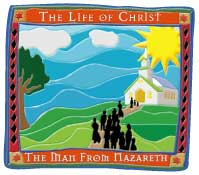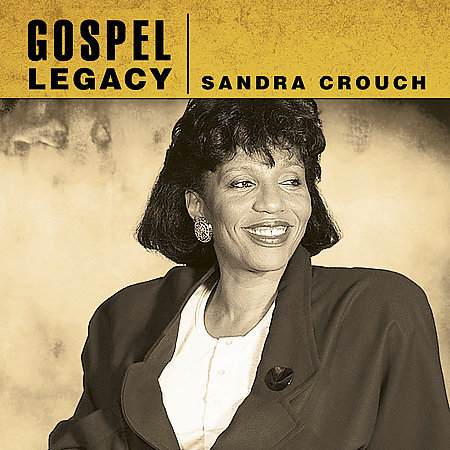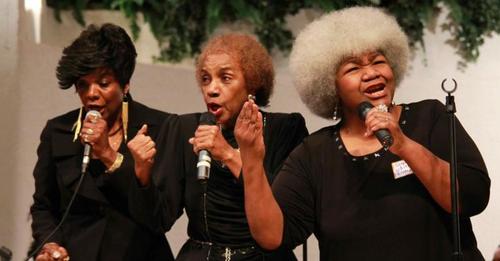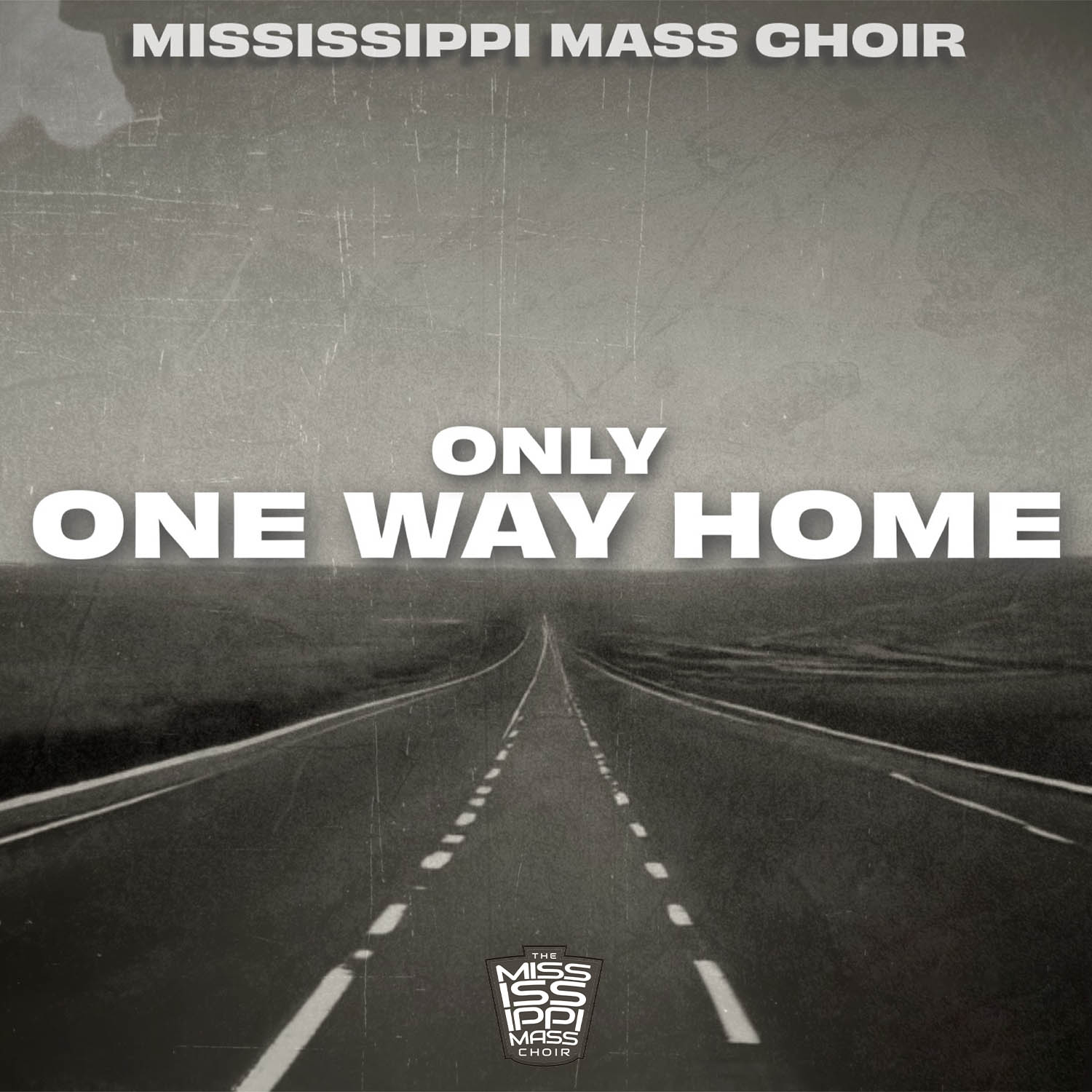The Man From Nazareth (Edward Boatner)
Boatner Spiritual Chorale
Heller Recordings 2006
www.themanfromnazareth.com
The first sentence of the narrative that opens The Man From Nazareth says it all: “This is the story of Jesus told by American Blacks as they related it to their own lives and hopes.”
In 1971, Edward Boatner (1898 – 1981) stitched together 21 spirituals of his own arrangement, prefacing most of them with a short narrative in the style of the Wings over Jordan. The spirituals and narrations that comprise The Man From Nazareth recant in chronological order the story of Jesus from birth to resurrection. Each spiritual, the piece suggests, represents African Americans’ musical interpretation of the sacred stories as reflective of their own experiences surviving the daily horrors and dangers of chattel slavery in America.
Boatner wrote straightforward, off-the-rack arrangements, far less dramatic than contemporaries William Dawson and Hall Johnson, who developed more complex, rhythmic interplays between vocal parts than is apparent in Boatner’s work. Then again, Boatner’s first arrangement, “Give Me Jesus” (1918), has a melodic and harmonic simplicity that is simply breathtaking, on par with Dawson’s and Johnson’s catalogues.
What’s most impressive is the work’s inclusion of rarely-heard but nonetheless lovely spirituals, such as “New Born,” “Done Found My Lost Sheep,” and “They Led My Lord Away.” If anything, the opus favors lesser-known spirituals and leaves out the universally recognizable ones such as “Deep River,” “Were You There,” and “Swing Low Sweet Chariot.” I find this one of the piece’s most endearing characteristics.
Although The Man From Nazareth has been produced numerous times by amateur and professional choruses and soloists since its debut 35 years ago, this is the first time it has been preserved on CD. Vondi Curtis Hall does a fine job as narrator on the recording, and the soloists – including Irving Hunter, Sarah Boatner Alias, and Barbara Hunter – take each piece up a notch with their high-quality performances. The chorus’s best moment is on “This Wicked Race,” as they interpret to perfection Boatner’s staccato-like rhythm, which is strikingly reminiscent of shape-note singing.
By the conclusion of The Man From Nazareth, we can appreciate the truth of the narrator’s final statement: “The spirituals are probably the earliest and most fertile source of true American music.” I would not have used the word “probably.” The spirituals truly ARE the earliest and most fertile source of true American music.
The Man From Nazareth makes for a pleasant listen, an ardent reminder of the beauty of the spirituals, and an important work for schools to include in their music curricula.
One Comment
Leave A Comment
Written by : Bob Marovich
Bob Marovich is a gospel music historian, author, and radio host. Founder of Journal of Gospel Music blog (formally The Black Gospel Blog) and producer of the Gospel Memories Radio Show.













 Visit Today : 3380
Visit Today : 3380 This Month : 59391
This Month : 59391
Thank you for your review. In it, you mention that The Man From Nazareth has been produced numerous by amateur and professional choruses. This would suggest that the music is somehow available and hopefully published. Do you happen to have any record/ or info on some of the choruses that have produced this piece in the past? In your research, have you come across a publisher that released the music? Any info would be greatly appreciated. Thank you.